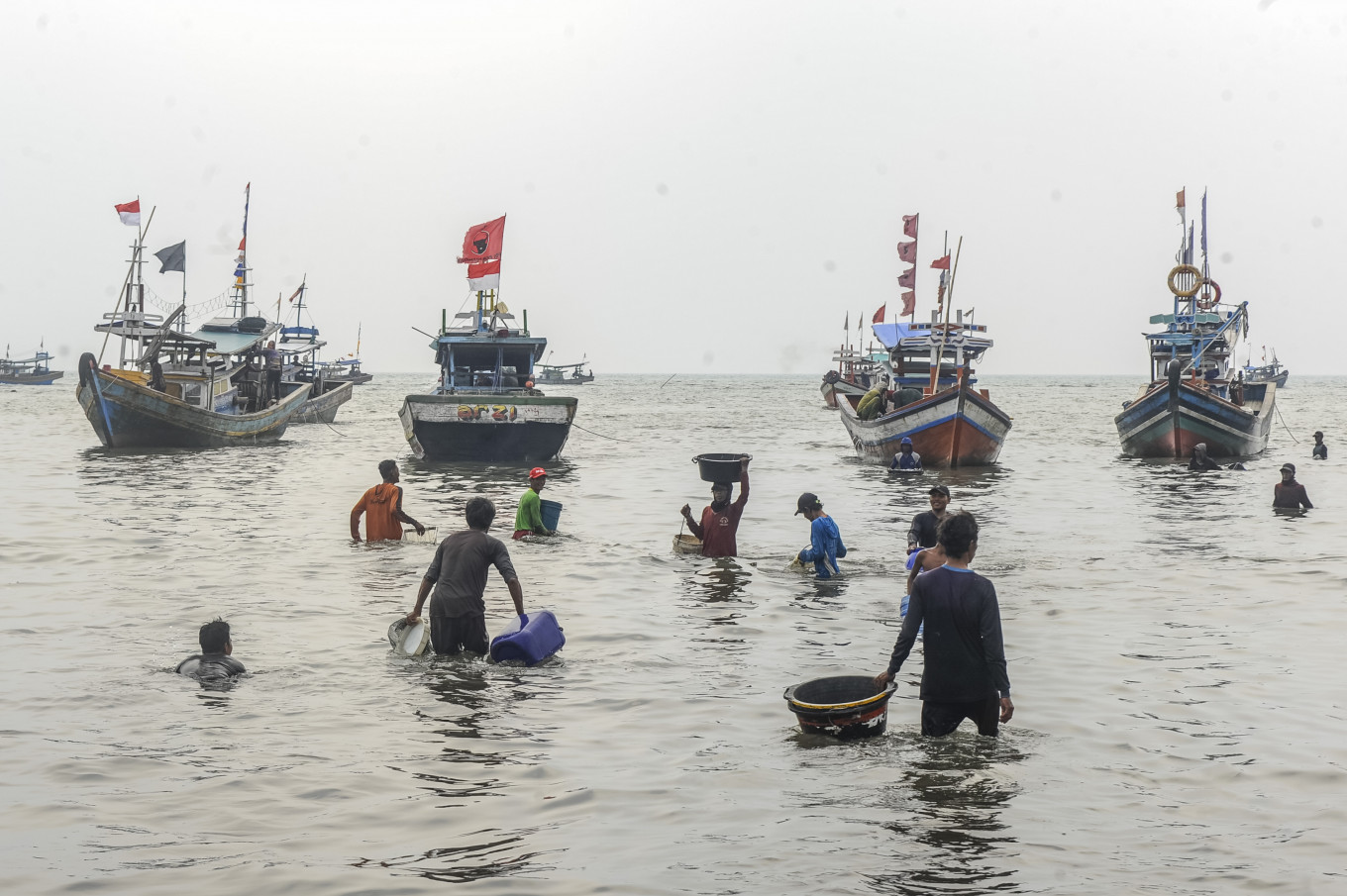Popular Reads
Top Results
Can't find what you're looking for?
View all search resultsPopular Reads
Top Results
Can't find what you're looking for?
View all search resultsRethinking ocean finance
Humanity is not investing nearly enough in ocean sustainability.
Change text size
Gift Premium Articles
to Anyone
T
he more that humans learn about the ocean, the more we realize how little we truly understand. For example, there may be three times more marine species than we have identified. That alone should lead us to stop taking the ocean for granted.
Moreover, the ocean is critical to the global economy. In 2023, trade in ocean goods and services reached record highs of US$900 billion and $1.3 trillion, respectively. Fisheries sustain 600 million people, mostly in developing countries, and the marine biotechnology market is projected to reach $6.4 billion by 2025.
The ocean also plays a crucial role in planetary sustainability. Through multiple processes, it acts as a climate regulator, absorbing around 25 percent of human-caused carbon dioxide emissions and as an essential source of biodiversity. But there are concerning trends in both these areas.
In 2024, the Global Ocean Health Index dropped sharply, with marked declines in measures of habitat, species and iconic species. All told, scores declined for 187 of the 220 regions measured.
It is not all doom and gloom. By the end of the United Nations Ocean Conference in June, 50 countries had ratified the UN High Seas Treaty, with 19 more promising to do so this year. With the treaty tantalizingly close to a final binding agreement (60 ratifications are needed), we could soon see significantly increased marine protections in international waters.
Still, humanity is not investing nearly enough in ocean sustainability. The Ocean Panel (comprising 18 leaders of maritime states) estimates that, over the last 10 years, less than 1 percent of the ocean’s value has been invested in sustainable projects through philanthropy or official development assistance.
What is to be done? The Ocean Panel’s own five priorities are to manage seafood production sustainably, mitigate climate change, stem biodiversity loss, seize the opportunity for economic recovery from climate and ecosystem shocks and manage the ocean holistically. And in recent years, there has been considerable progress toward developing frameworks to finance these aims.



















